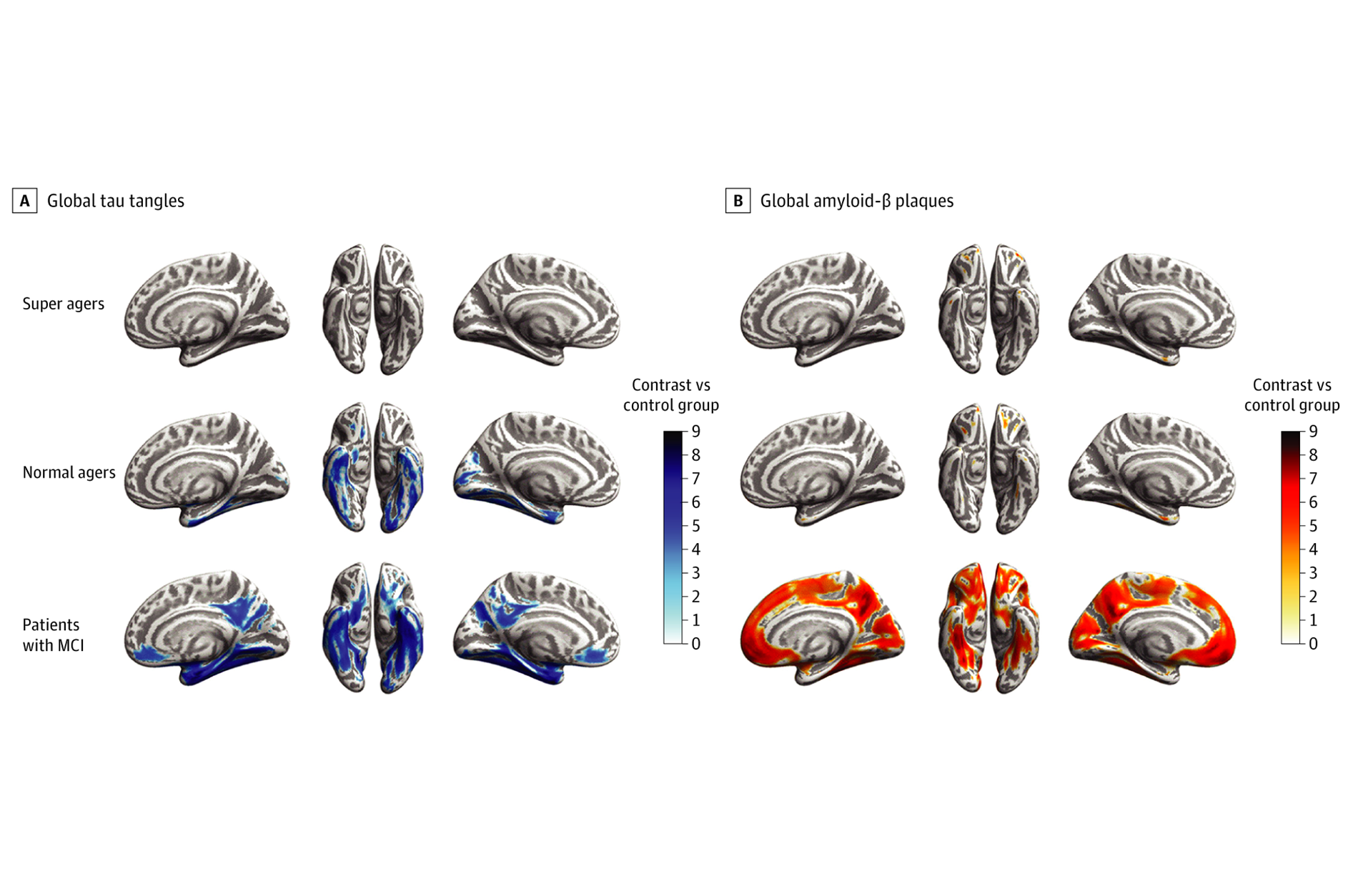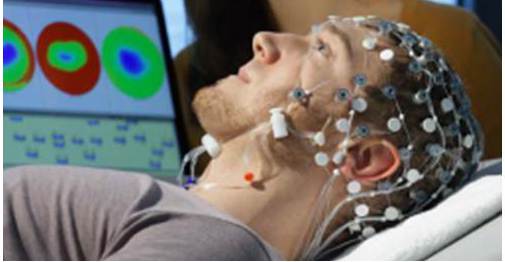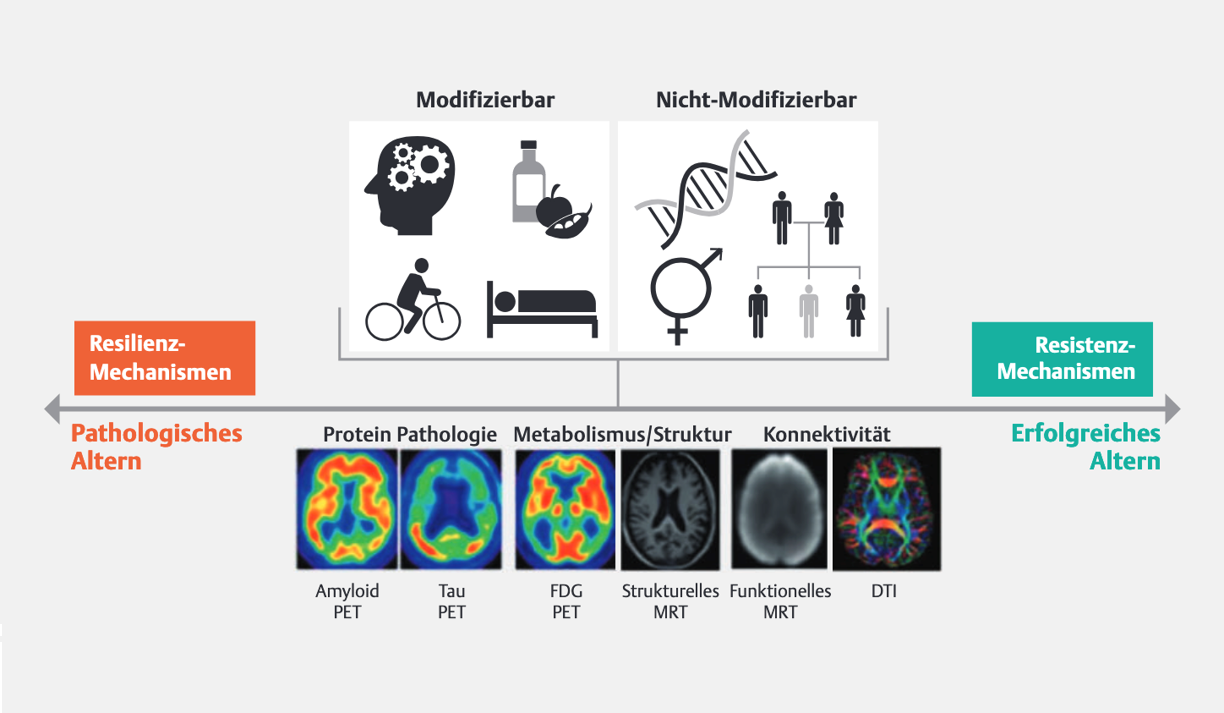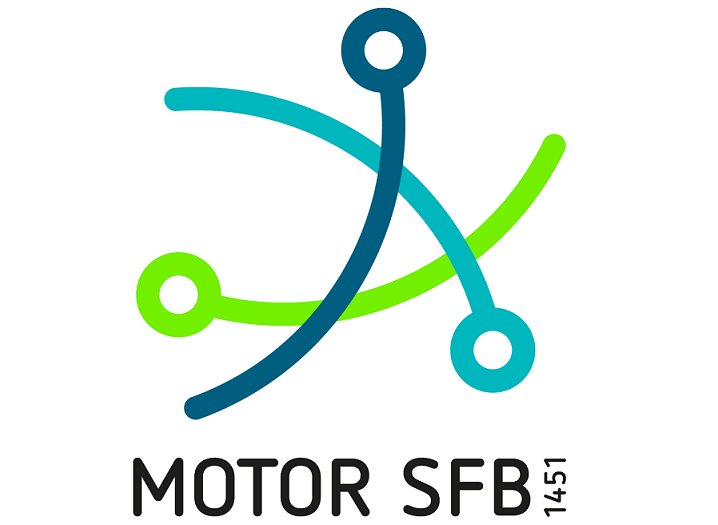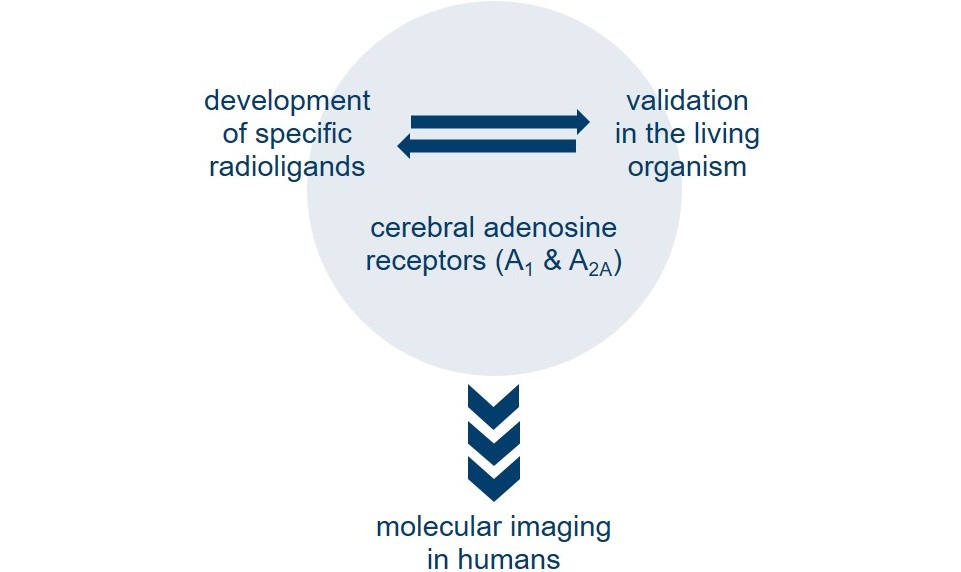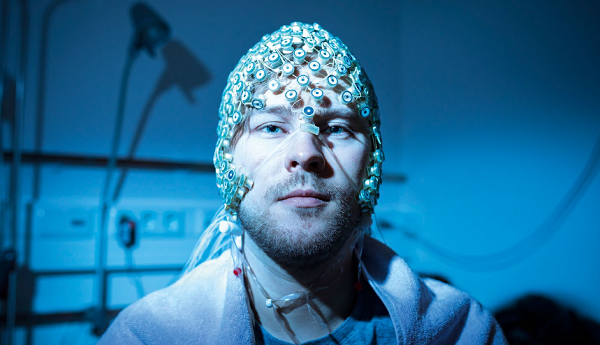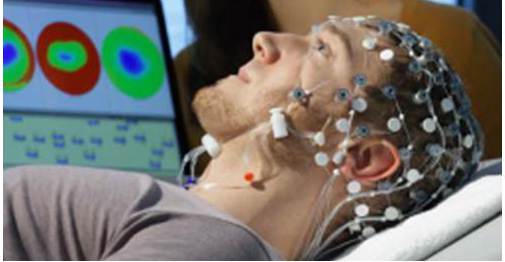Molecular Organization of the Brain
The INM-2 investigates the molecular basis of functional systems in the healthy and diseased brain and examines the organisation of neuronal networks.
Our scientific focus is on the in vivo decoding of molecular, cellular and systemic basics of brain function/dysfunction and their dynamic changes by means of imaging techniques.
Thematically, we investigate the physiological basis of brain function and its adaptation from short-term circadian fluctuations (e.g. role of the adenosine system in the sleep-wake rhythm) to lifelong changes (aging of the brain). We are also interested in molecular pathomechanisms of brain diseases (e.g. protein aggregation in neurodegenerative diseases) and the resulting plastic compensation and reserve mechanisms.
Methodologically, modern methods of molecular imaging (PET) but also of structural and functional imaging (MRT, MRS, fMRT) as well as electrophysiological and neurochemical methods are used in model organisms, volunteer and patient studies. Also the development of new methods for image data analysis as well as the co-development and translation of new imaging methods (e.g. new radiotracers) up to clinical/diagnostic applications belong to our fields of interest.





